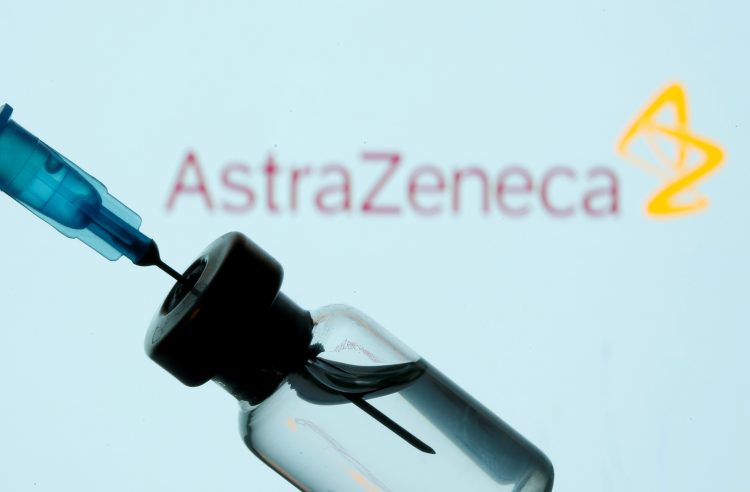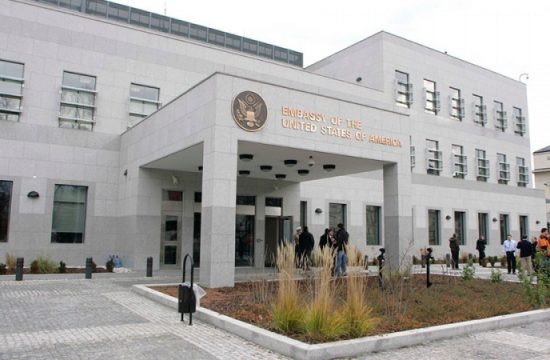
A small study of the AstraZeneca Covid-19 vaccine in South Africa said the vaccine “did not show protection against mild-to-moderate Covid-19” due to the variant widely circulating there, according to results published Tuesday in the New England Journal of Medicine.
The results were announced in early February by the University of Oxford and posted to a preprint server days later. They played a key role in South Africa scaling back its rollout of the AstraZeneca vaccine last month.
The study did not show the efficacy of the vaccine against the variant — also known as B.1.351 — because the numbers of people infected in the vaccine and placebo groups were not significantly different from each other.
The study included roughly 2,000 HIV-negative people with a median age of 30, evenly split between vaccine and placebo groups. Of the 42 total participants in the study who developed Covid-19 more than two weeks after the second dose, all but three were found to have the B.1.351 variant.
The study also tested the blood of some vaccinated participants against live and engineered viruses in the lab, demonstrating that their antibodies had a more difficult time neutralizing the variant.
In response to earlier announcements of these results in February, AstraZeneca said it still believed its vaccine may protect against severe disease and hospitalization caused by the variant. However, this study of predominantly young, healthy people was unable to evaluate whether the vaccine would be effective to those ends.
“There were no cases of hospitalization for severe Covid-19 observed in the study,” the study authors wrote.
In a different preprint last month, the Oxford-AstraZeneca Covid-19 vaccine showed overall 66.7% efficacy against symptomatic disease starting two weeks after the second shot, based on an analysis of more than 17,000 trial volunteers in the UK, Brazil and South Africa.




Kakvo je tvoje mišljenje o ovome?
Budi prvi koji će ostaviti komentar!